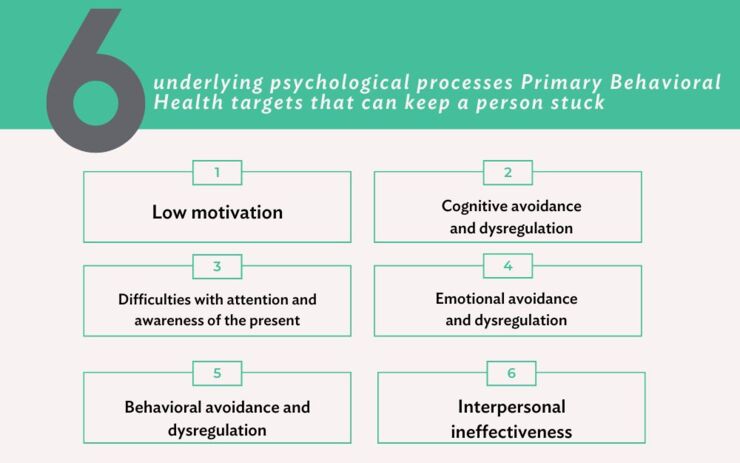Addressing exercise issues in eating disorders treatment
Posted on 12/13/11 12:31:pmPatients at Rogers Memorial Hospital are already enjoying a brand-new experiential therapy center. The center was opened in the fall of 2011, and features a gymnasium, weight room, art studios and recreation and movement rooms designed to help Rogers’ experiential therapists work with patients in a comfortable and safe environment. In the weight room and gymnasium, for example, Dwight Steffes, MSRT, a long time experiential therapist at Rogers, helps patients learn how to exercise in a body-positive and healthy way.
By: Dwight Steffes, MSRT
Exercise is often an under-addressed component of eating disorders treatment. To most people, an exercise program may simply be an integral component to healthy living. However, for those who struggle with an eating disorder, maintaining a healthy exercise program can be exceptionally challenging. For patients in treatment at Rogers’ eating disorders programs, Emotional deregulation, disordered body perspectives, and avoidance behaviors can drive a lot of abnormal thinking in what otherwise might be a healthy physical exercise program.
Many in the eating disorders treatment community tend to avoid this issue or outsource the issue of healthy exercise to their client’s personal trainers. That approach can be problematic; most trainers know a lot about physical fitness but have little understanding of the cognitive and emotional connection between exercise and physical fitness. This is why the experiential therapists at Rogers are so crucial to a holistic recovery for Rogers’ patients. Rogers’ experiential therapists help patients identify what is, and is not, a healthy approach to exercise.
Exercise incorporated as part of an overall eating disorder treatment plan
Patients entering into the Eating Disorder Center at Rogers will soon meet with an experiential therapist who will conduct a brief interview related to the patient’s history with exercise. The therapist is looking to identify the patient’s exercise habits that may be associated with eating disordered thinking, obsessive-compulsive disorder, general anxiety and depression. These observations will be incorporated into the patient’s overall treatment plan.
Each patient is rated on an activity scale based on his or her general physical and emotional health. Exercise issues are addressed through individual sessions with Rogers’ experiential therapists. These sessions may lead to written assignments, readings, exposures by behavioral therapists, and programming in the hospital’s fitness facility or at the local YMCA.
Once patients are medically stable, they can begin working with an experiential therapist as part of their treatment plan. Patients who have compulsive exercise issues begin by working on assignments designed to help them identify underlying issues that drive their compulsive exercise behaviors.
Supervised, supportive settings
The new fitness room at Rogers, recently constructed as part of a new inpatient and experiential treatment facility, is an option available to individuals within the eating disorder programs. Experiential therapists work one-on-one with each patient to help them experience a healthy exercise program.
Patients are encouraged to focus on exercise from a physical perspective and are reminded that exercise is not about cognitive or emotional issues. A check-in is provided before each session to create awareness of personal feelings and thoughts that may push the patient into doing more than what is healthy. Each program is customized to address the particular issues and needs of each patient. For instance, patients who have never been in a fitness program before may experience some anxiety around being physically active or in a fitness room or gymnasium setting. In this case, the therapist would work with the patient to slowly acclimate them to the equipment and the environment.
The swimming pool at the nearby YMCA offers an excellent opportunity for our Eating Disorder Center patients to address body-image issues; and the YMCA’s exercise room provides an opportunity for patients with social anxiety to gain experience working out around others.
Each patient’s treatment plan is different
Patients are often given individual assignments that may help them come to understand how they came to be in treatment in the first place. Assignments can help the resident become more knowledgeable about how they may have used exercise in an unhealthy manner.
For example, these assignments may ask our patients to explore:
- Exercise as an addiction,
- Exercise as an avoidance behavior,
- Obsessive-compulsive exercising,
- The relationship between body-image and exercise, and
- The relationship between depression or anxiety and exercise.
Each assignment asks a series of questions that may give a patient an opportunity to examine their own history with exercise and how it may have been influenced by an eating disorder.
Coming home with a roadmap to successful exercising
Before patients leave treatment, they are given an exercise plan that reflects the work that they have been doing with our experiential therapists. Recommendations about weights and cardio work are provided with the stipulation that a patient must stay within a healthy weight-range to be able to continue working out.
This discharge plan typically requests patients focus on three things. They must make every effort to:
- Be compliant with their meal plan, weight and physical programs.
- Address issues of self-esteem using thought challenging primarily to deal with their connection between self-worth and exercise.
- To increase social activities and leisure pursuits to avoid getting caught-up in an addictive cycle of exercise.
Ultimately, addressing and incorporating exercise into a patient’s treatment plan helps Rogers eating disorders patient develop an awareness of their approach to exercise as a whole and helps them to understand limitations or challenges they face personally.
With the knowledge and experiences of what healthy exercise programs look and feel like, Rogers patients discharge with the tools they need to continue to make choices that support their long-term recovery goals.
Topics
Share this article:



